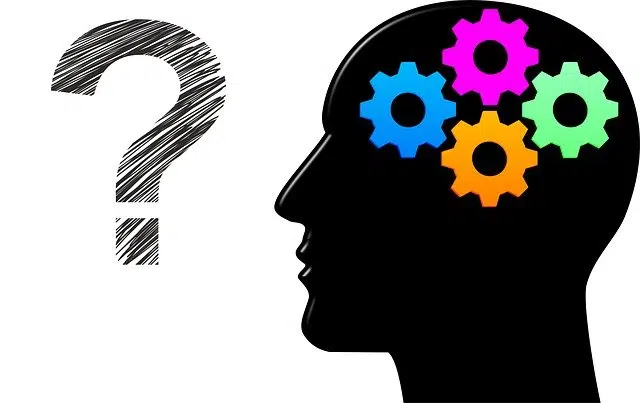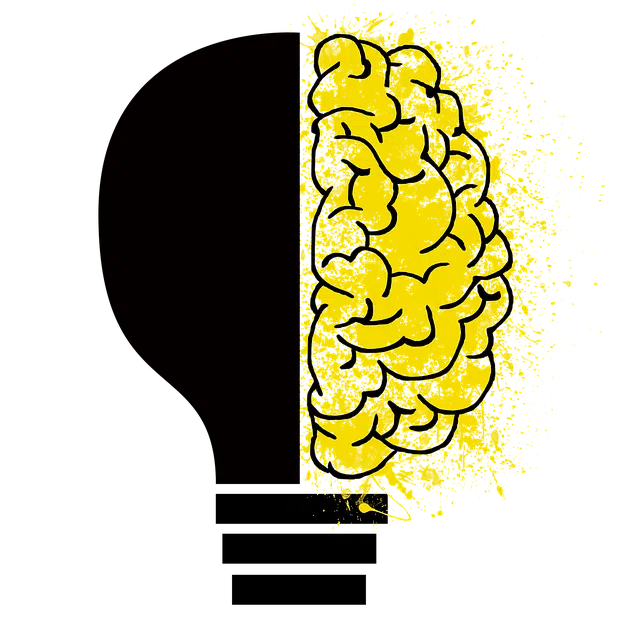
The Swiss Jean Piaget was the one who postulated the psychogenetic theory.
The discipline that is dedicated to studying the development of the functions of the mind is known as psychogenetics , when there are elements that allow us to suspect that this evolution will serve to explain or offer complementary information in relation to the mechanisms of said actions in their finished state. For this, psychogenetics considers the procedures and advances of child psychology as a means of discovering answers that resolve general psychological problems.
Psychogenetic theory arose from the impulse of the Swiss experimental psychologist, philosopher and biologist Jean Piaget . Unlike Sigmund Freud , Piaget points out that affectivity is a by-product of cognition .
Piaget and psychogenetics
For Piagetian theory, intellectual development goes through four stages: one known as the sensorimotor period (which begins at birth and lasts for two years), another that is defined as the preoperational period (from 2 to 6 years), the following specific operational period (between 6 and 12 years) and, finally, the formal operational period (from 12 to 16 years).
This Swiss psychologist distinguished different moments that promote the appearance of structures successively built throughout intellectual evolution. In this way, we can mention the period of reflexes or hereditary montages (where the first intuitive tendencies manifest and the first emotions arise); to the stage of the first motor habits and primary organized perceptions; to the stage of sensory-motor or practical intelligence (when elementary affective actions begin to develop and the first external fixations of affectivity arise); to the stage of intuitive intelligence, spontaneous inter-individual feelings and relationships of submission to the adult; to the period of concrete intellectual operations and moral and social feelings of cooperation; and to the cycle of abstract mental operations, the establishment of personality and the emotional and intellectual insertion into the universe of adults.

Psychogenetics studies the development of mental functions.
Mental development of people
And all this without forgetting that for the Swiss philosopher Piaget there are a total of four key elements for mental development to occur in an individual. Pillars, all of which are necessary but are not sufficient on their own but rather need the rest to complement and complete each other.
Thus, in the first place it states that the first of said elements is both maturation and organic growth. The main function of this set can be said and established that it is none other than to "open" to the individual new possibilities that allow him, among other things, to learn and for new behaviors to emerge. Something in which experience will undoubtedly also play an important role.
Precisely, this experience and also exercise make up the second group of fundamental elements in the mental development of the individual. Both will be based, as opposed to what social experience is, or will arise from the action that is performed on objects.
The third set of fundamental pillars in the theory established by Piaget is the one formed by social interactions and transmissions. A section in which what the author does is encompass each and every one of the actions carried out in the field of education.
And finally the fourth fundamental element in the development of people is the so-called balancing process. A term that is intended to refer to the action by which the three aforementioned pillars are coordinated.
From psychogenetics to constructivism
Piaget proposed to advance in the deepening of the examination of the development of biologically rooted knowledge, starting from its connection with the development of the human being from its origin. This genetic profile epistemology was analyzed through open interviews.
Due to its combination stance on learning and its scope in education , psychogenesis was established as one of the theories of constructivism .
